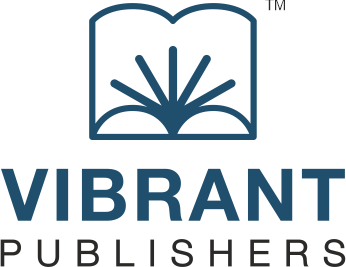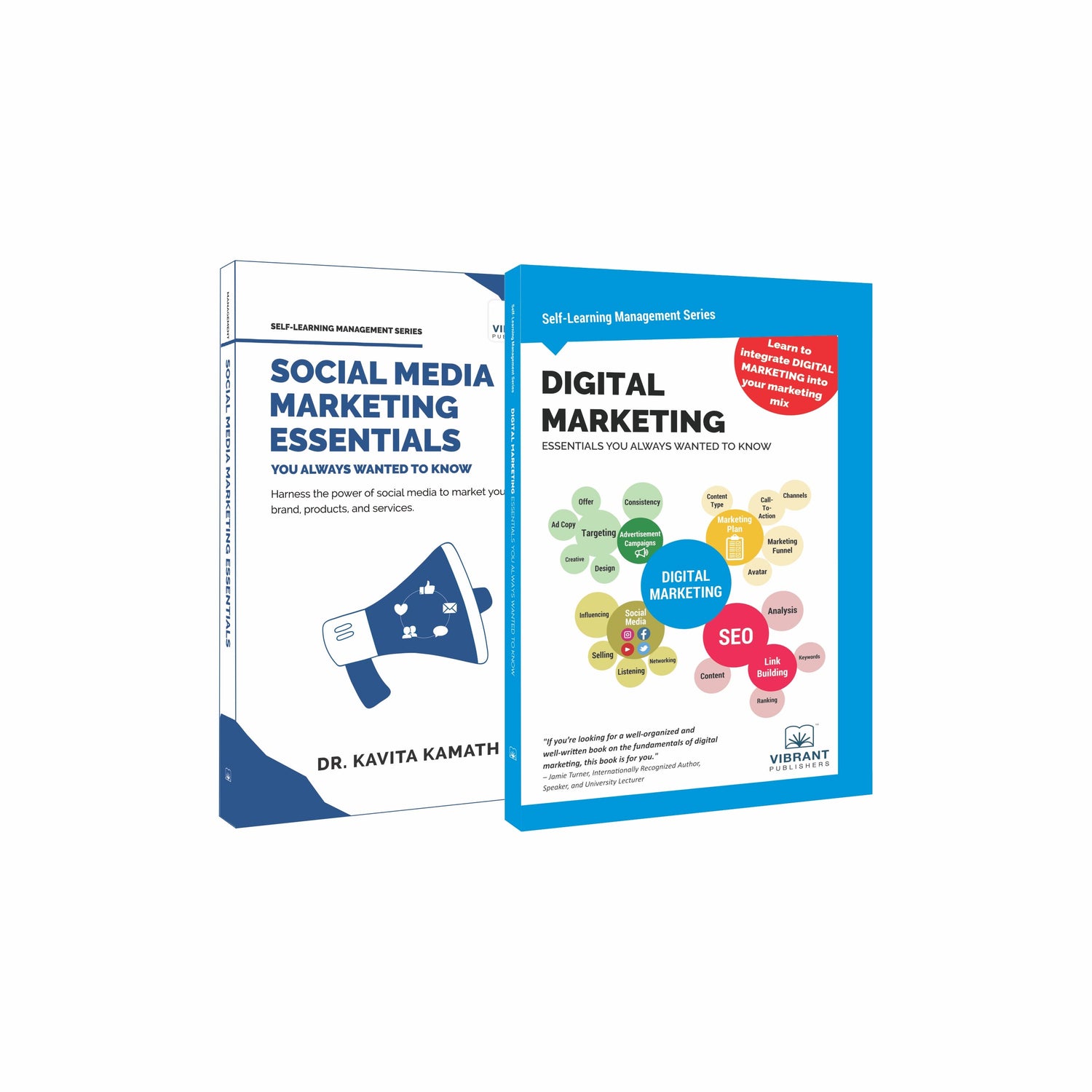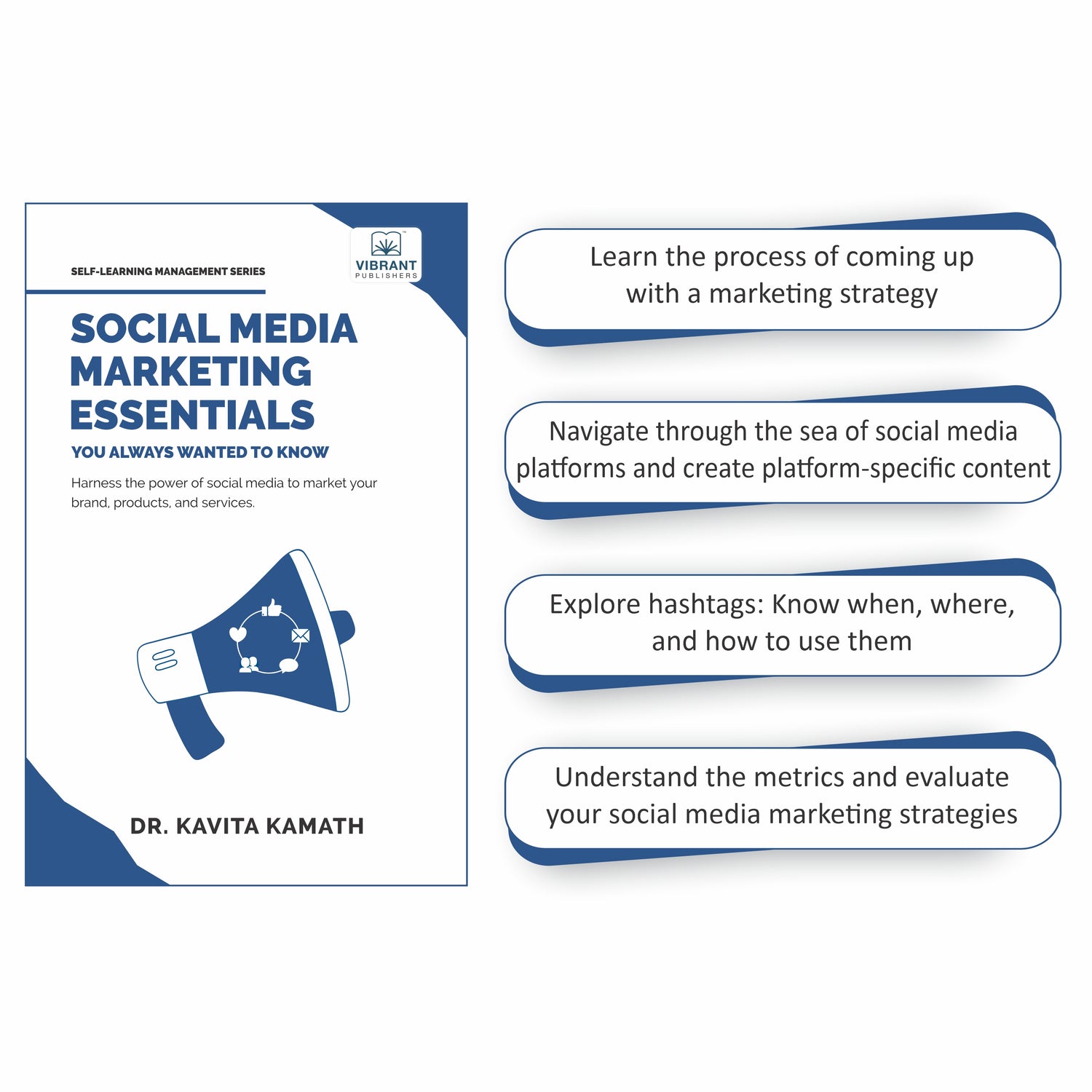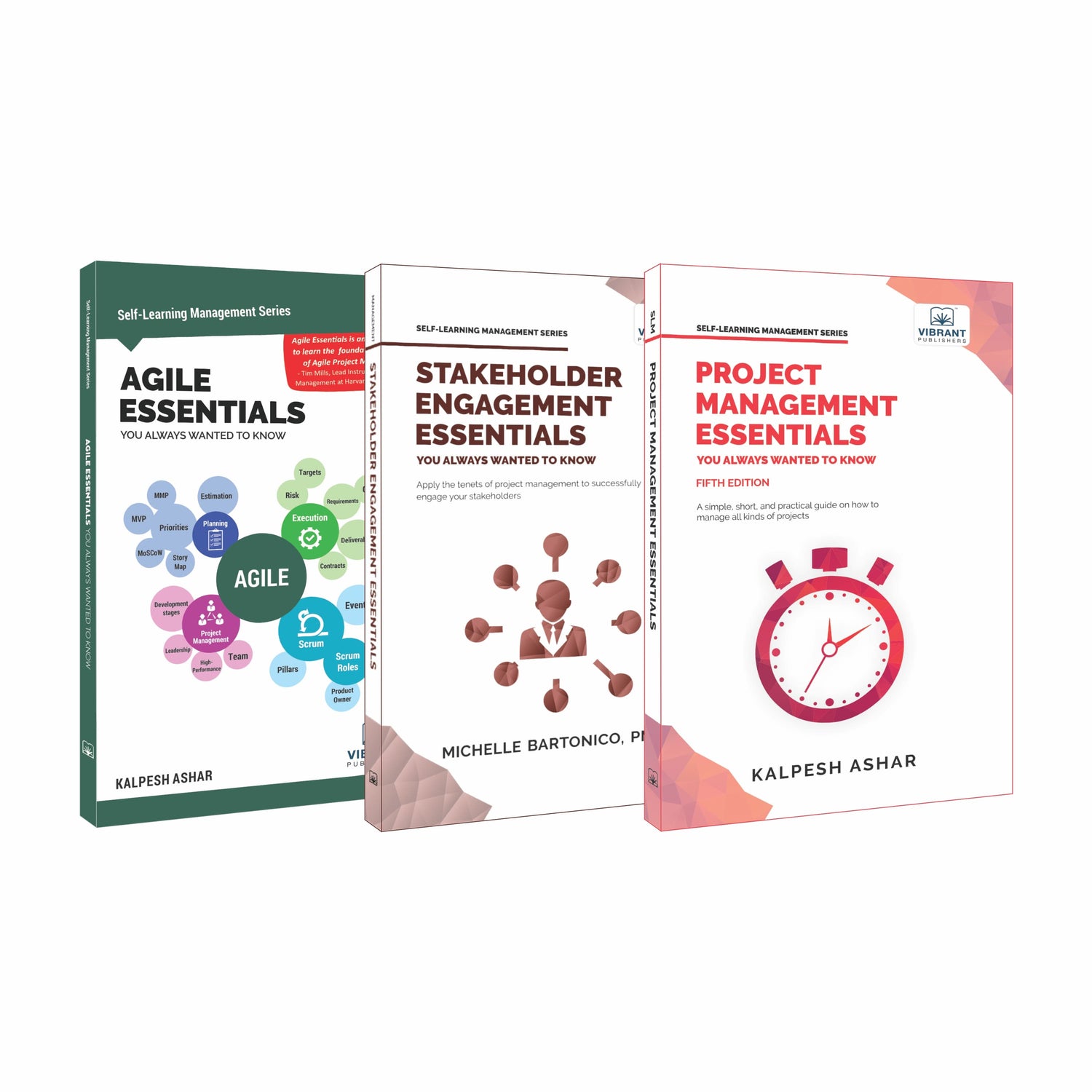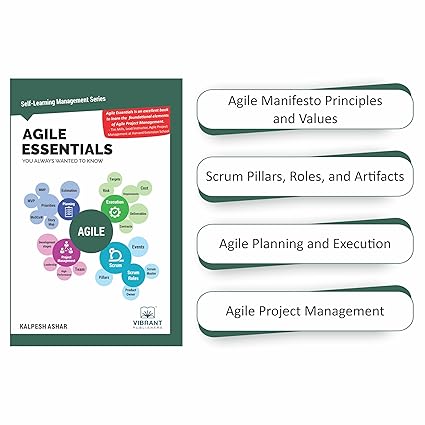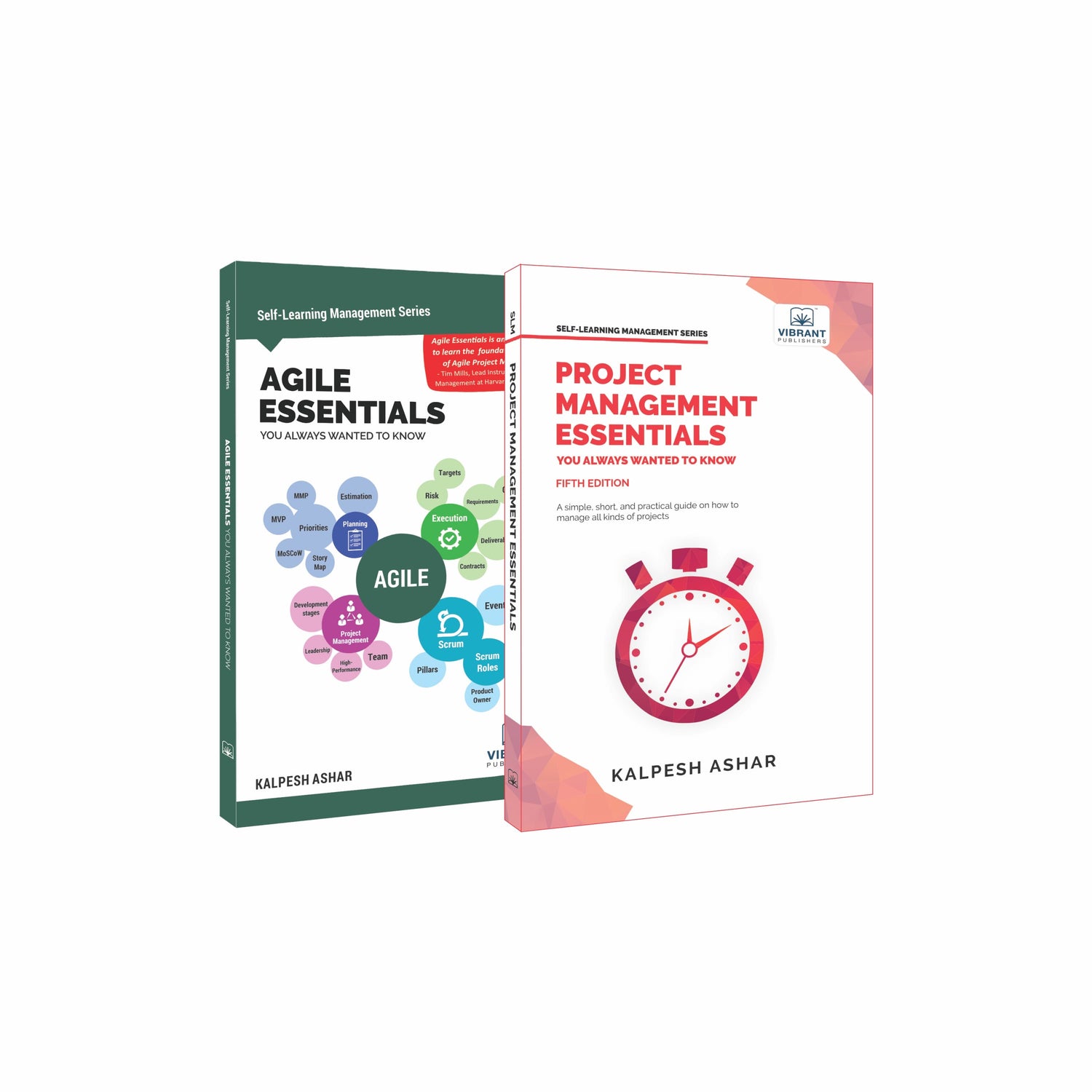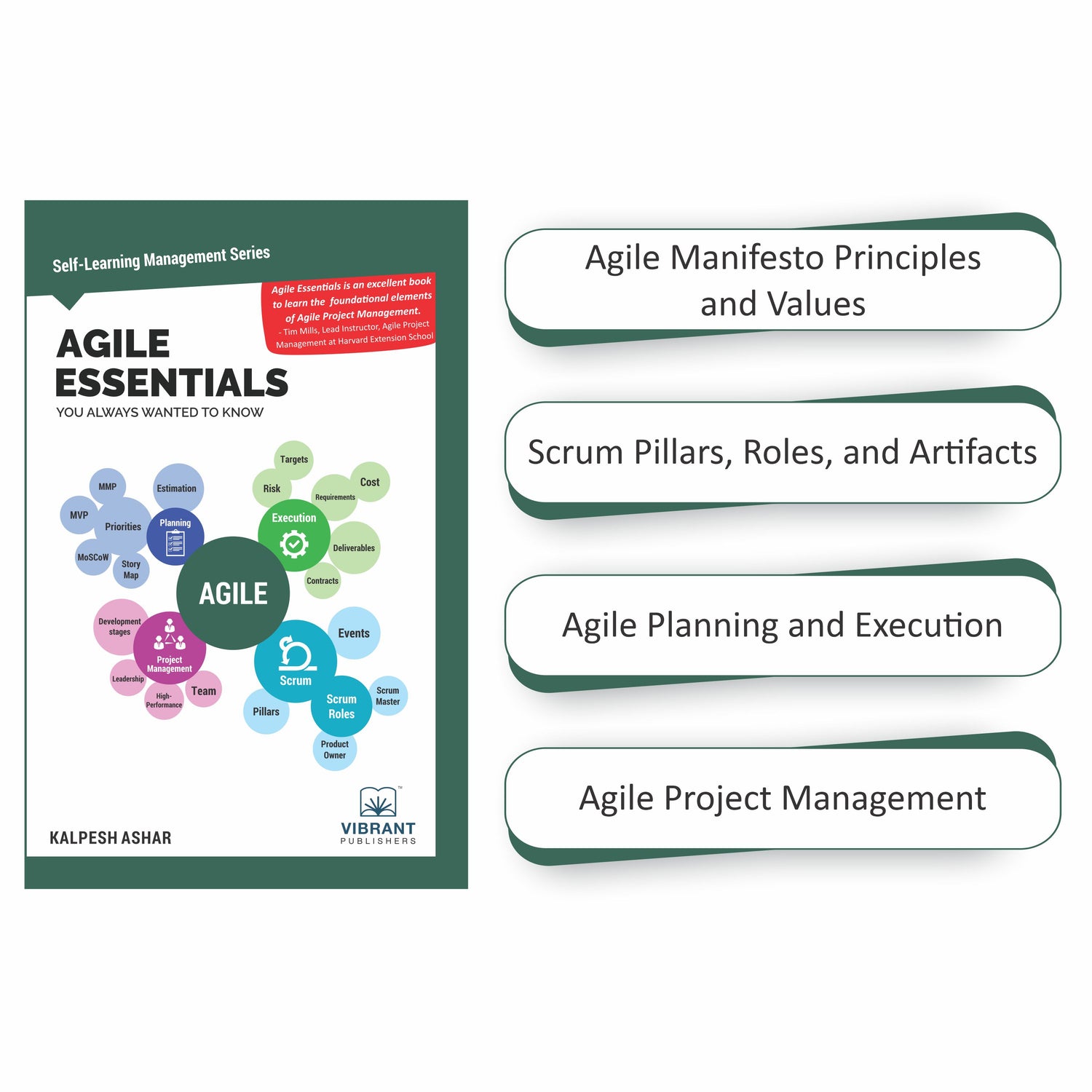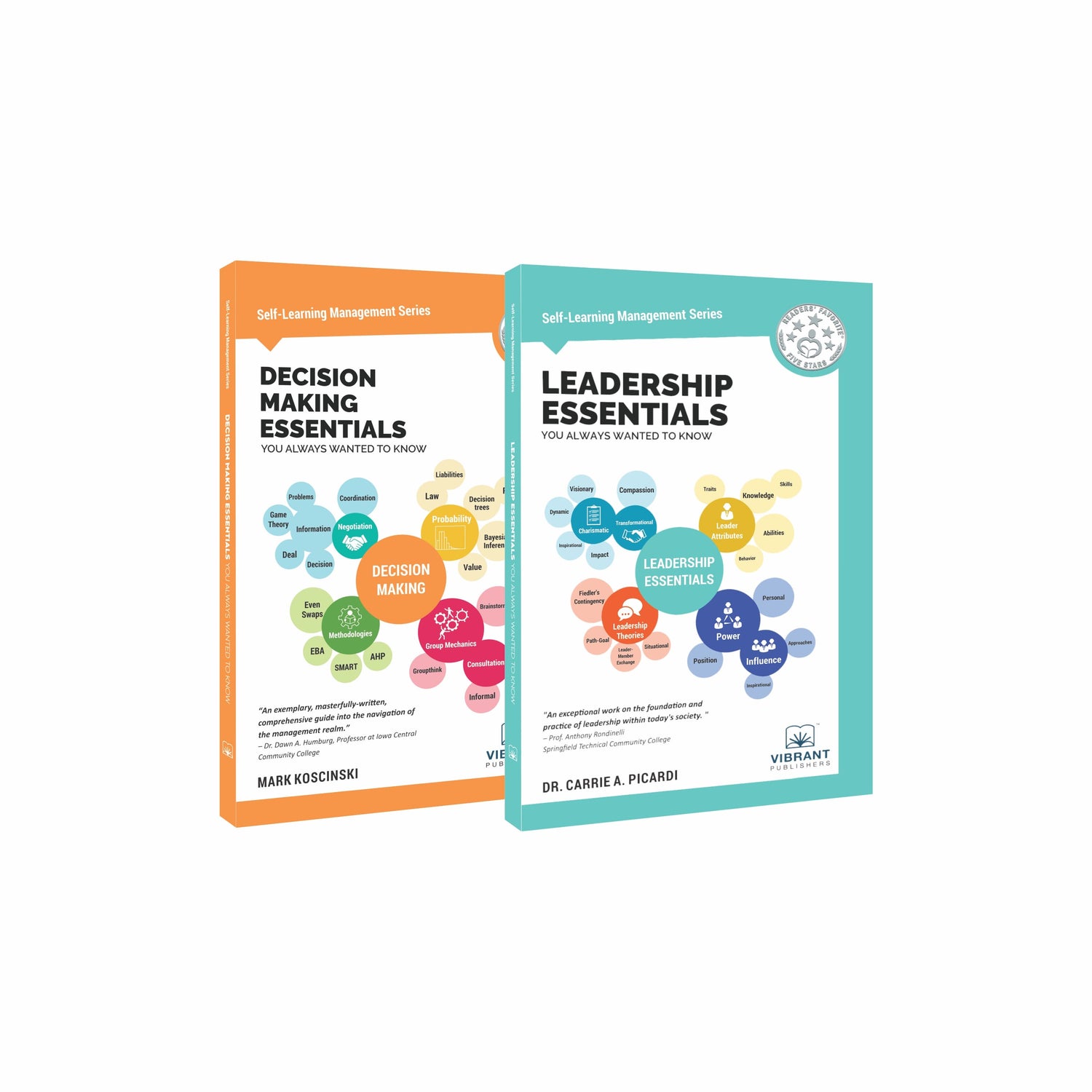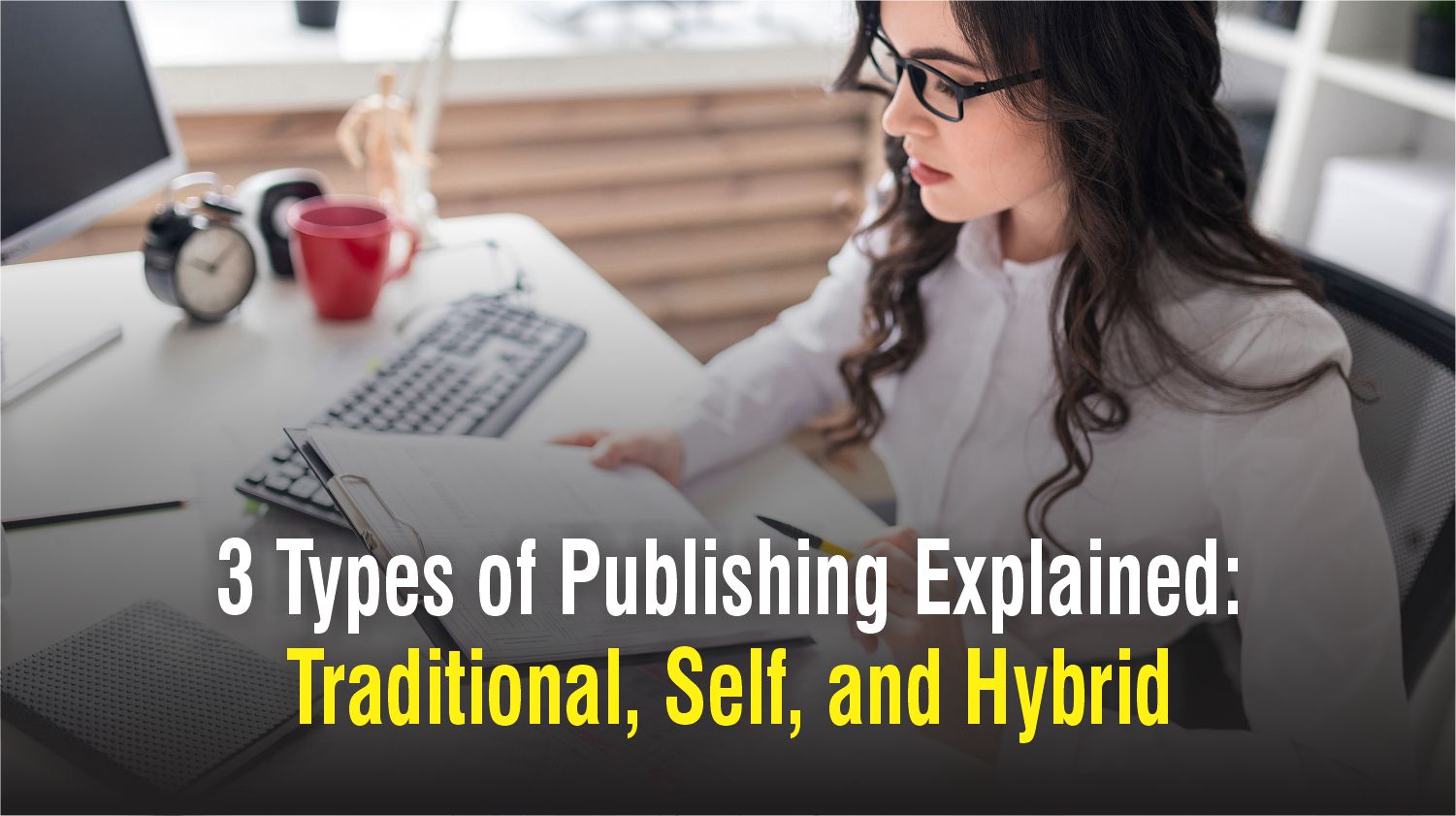
3 Types of Publishing Explained: Traditional, Self, and Hybrid
Like everything else that digitization has influenced over the years, from shopping to banking to learning; it has also monumentally shaped the publishing industry and styles of publishing. In addition to refining traditional publishing methods, digital technology and the internet combined, have introduced modern publishing styles such as self-publishing and hybrid publishing.
Thanks to these accessible publishing options, getting published today is substantially easier than it was a decade ago. This trend has led the book publishing market to project a 1.9 percent Compound Annual Growth Rate from 2021 to 2026, as per a report by Verified Market Reports.
While it may seem like there are a lot of publishing alternatives out there today, if you look closely, they can easily be categorized into three very distinctive categories as covered in this blog. All you need to do is assess the pros and cons of each publishing method, to make the best choice for your book.
Let’s start by defining the types of publishing methods and listing down their pros and cons:
1. Traditional Publishing
2. Self-Publishing
3. Hybrid Publishing (or Co-publishing/ Entrepreneurial Publishing)

Traditional Publishing
The process of traditional publishing is where the publishing house pays the author for writing the book and takes responsibility for printing and distributing the book. Depending on the contract with the author, the publisher may or may not retain the book rights.
Traditional publishing companies invest in your book and bear the risk of its success in the market, in exchange for partial or complete returns from its future sales. As an author, when you opt for traditional publishing, your publisher provides you with end-to-end support for editing, cover designing, marketing, and distributing the book.
Traditional publishing is the oldest and most trusted route for publishing books. This type of publishing was associated only with print publishing earlier. However, today with the evolution and digitization of the publishing landscape, traditional publishing houses have expanded their expertise to include not only print books but also ebooks, online journals, and more. If you want to go for traditional publishing, now is a good time as ever.
Pros:
1) All-inclusive support
In traditional publishing, the only thing you need to focus on is your writing; for all other aspects, you are well-supported by the publisher who invests in your book. The publisher walks alongside you, throughout the complete writing and editing journey, all the way up to the publishing, marketing, and distributing stages (depending on the services provided by them).
In most cases, the publisher also bears all the costs. This makes traditional publishing a great option for first–time authors when compared with all three types of publishing methods.
2) Income certainty
When you opt for the traditional publishing method, you get a guarantee of a specified amount of income, as your payment for writing the book. This payment is independent of your book’s future performance. A contract is signed to confirm the payment terms and royalties, if any.
3) Preferred choice for printed books
The magic of printed books can never fade. Especially post-pandemic, more people prefer to hold a “real” book to read, to get a break from screen time. Therefore, there’s always going to be a wide target audience for printed books.
The traditional alternative is the best for publishing and distributing printed books to offline stores, as traditional publishers usually have a trusted distribution network for printed books. On the other hand, ensuring presence in physical stores may be a challenge for self-published printed books.
Further, based on their expertise and suite of services, a traditional publishing house may also offer exceptional publishing and marketing for ebooks. If you’re someone who values an assured income along with a seamless, supported, and proficient publishing experience, traditional publishing is the best route for you.
Cons:
The only real disadvantage of traditional publishing arises when you don’t vet your publisher well enough beforehand. Look for genuine, trustworthy publishing houses that are adaptive to the changes of the modern world along with expertise in publishing ebooks as well.
Also, traditional publishing requires authors to be flexible to a certain extent, but in most cases, that is ultimately in the interest of the book. The final say in terms of the book title, cover design, and marketing plans, usually lies with the publisher when it comes to traditional publishing.
Is it tough to get a traditional publishing deal today?
It may be tough to get a traditional publishing deal because traditional publishers are significantly invested in the book and have a thorough checking procedure before they commit to publishing a book. You may have to approach a few publishing houses, large-scale publishers (publishing tons of books across genres), or small-scale publishers (publishing a few, focussed genres) before you find the right publisher for your book.
Based on the genre of your book, and especially, if you’re a first-time author, you may have to be resilient and put in the effort to pitch your book to publishing houses through emails and in-person meetings, until you land the right deal for your book. But in any case, you must write a good book and promote it, for it to all happen. And if you do, perhaps the right publisher will find you.
An author’s personal experience
Let’s hear from a first-time author and assistant professor, Mark Koscinski about his experience with Vibrant Publishers, a traditional publishing company. Mark is a certified public accountant who teaches accounting practice at Moravian University.
Mark shared his traditional publishing experience saying, “My experience was seamless and I received exceptional clarity, support, and focus during my writing and publishing journey. I was able to align the book I was writing, to the course I teach at the university, and this will be very helpful for my teaching practice. I also received valuable feedback and proofreading support from the publisher, enhancing the overall quality of my book. I look forward to publishing through the traditional route again, owing to the excellent experience with Vibrant.”
You can watch Mark Koscinski share his experience with Vibrant Publishers here.
Is the wait time higher in traditional publishing?
It’s a popular myth that traditional publishing has a longer wait time than self-publishing or hybrid publishing. On the other hand, traditional publishers help you stay on your toes, and finish writing faster, considering they are as invested in your book as you are.
Whichever publishing route you adopt, a good book will take almost the same amount of time. And yet, if you feel dependent on your traditional publisher in the post-writing phase, and find yourself waiting a long time for the editing, review, and designing phase, know that your publisher only wants the best outcome for you. The publisher is setting the stage for the launch of your book with the best editing, designing, and marketing efforts. Moreover, if you choose an experienced traditional publisher with smart processes in place, you will be able to finish publishing well within your timeline.
Self-Publishing
Self-publishing has evolved over the years and made it significantly easier for first-time authors to create a reputation for themselves and secure traditional publishing deals more easily in the future.
Self-publishing is where you publish your book independently without giving away the rights to your book. Platforms like Amazon’s Kindle Direct Publishing (KDP) enable authors to self-publish a book with ease. But is self-publishing better than other types of publishing methods? Let’s find out.
Pros:
1) High control and flexibility
In self-publishing, the only person you need to convince that your book is good enough to publish is yourself. This eliminates the selection process for your book, although you still need to write a good book for it to reach the right target audience online. Self-publishing lets you take control of the editing, marketing, and cover designing of your book and offers flexibility to customize your book as per your vision.
2) High scope of potential earnings
Self-publishing enables you to experiment by distributing your book to multiple platforms of your choice. This means you can maximize your potential revenue, based on the performance of your book across your preferred channels.
Moreover in self-publishing, you are not dependent on the publisher for your payment. You receive direct payments based on your sales. In some cases, you may not even need to share your earnings with the publisher, ensuring all your earnings belong to you completely.
3) Ease of self-publishing with Amazon KDP
Platforms like Amazon KDP have simplified self-publishing with free tools, to help you design the book cover, market your book, and distribute it. Publishing ebooks on KDP is cost-effective as it can be done for free, except for any printing, advertising, and promotional costs that may not be covered.
Cons:
1) Increased responsibilities
Of all the types of publishing methods, self-publishing is the only one where you are wholly responsible for your book. The increased control and flexibility of self-publishing may be for the better or the worse. This depends on your marketing, editing, and designing skills, and the time you have at hand, to multi-task and focus on several requirements such as cover designing, editing, proofreading, etc. Moreover, managing multiple roles together may also compromise the quality of your writing.
2) Hidden costs
While self-publishing may seem cost-effective, that’s not always the case. As mentioned in the previous point, the various tasks involved—both before and after publishing—can add up quickly. Handling everything on your own can be time-consuming, and outsourcing can become expensive.
There are also several hidden costs, such as editing, proofreading, formatting, cover design, and marketing. Free tools for these tasks may not always deliver the best results, and even if you stick to a tight budget, the final product may reflect a lack of professional skills and expertise.
3) Income uncertainty
Self-publishing brings uncertainty in terms of income and profits, mainly for two reasons. Firstly, unlike traditional publishing, you do not receive an initial fixed payment to write your book, by the publisher. Without this initial payment, you are wholly dependent on your book sales for earnings.
Secondly, self-publishing means you will need to market your book yourself. And for optimal sales on an ongoing basis, you must market it consistently. Therefore, if you don’t promote your book well, or if you don’t have an adequate marketing budget, your sales may suffer. This is a key concern, especially if you’re a first-time author.
4) Delusion of speed
Self-publishing can be misleading in terms of the speed of the entire process, as most steps for successfully self-publishing a book still take as long as traditional publishing. Even if the time required for self-publishing may be less compared to other methods, don’t believe anyone who tells you that your book can be self-published in under five minutes.
5) Limitations of self-publishing
Self-publishing your book means you lose the chance to publish your book under a reputed publisher’s name. This may limit the success of your book. Moreover, if your book’s subject and storyline appeal to a larger audience, it may benefit better from publishing and marketing traditionally through on-site exhibitions and shows. The success of such a book may be limited via the self-publishing route.
Hybrid Publishing
Based on the pros and cons of self-publishing and traditional publishing, if you’re still unable to pick a route, you could explore the route of hybrid publishing, which is a combination of both the above methods.
In hybrid publishing, the publishing house charges the author upfront for publishing the book and also takes a pre-decided percentage of future sales in exchange for distributing the books. The process of Hybrid Publishing is different from the concept of Hybrid Authors; the latter refers to authors who publish traditionally and also on their own.
It may be easier to secure a hybrid publishing deal as compared to a traditional deal across various genres, as the investment risk of hybrid publishers, is lower in your book. From the author’s point of view, overall costs associated with hybrid publishing may be higher than self-publishing but this depends on a case-to-case basis.
Naturally, if you opt for hybrid publishing, ensure it outweighs all the other options at hand for your book at that moment.
Pros:
1) Rights stay with the author
In this case, you can be sure to own the rights to the book after publishing, which enables you to publish the book on multiple platforms if you wish to. However, you must watch out for certain hybrid publishing companies with fine print of clauses, asking for the rights to your book or including ‘“minimum sales requirement” in their contracts.
2) Guided publishing
Like a traditional deal, you get access to editorial, designing, marketing, and distributing support in hybrid publishing as well, but you need to pay for it instead. For those seeking the flexibility of self-publishing with the expertise of traditional publishing, hybrid is a good alternative.
3) Complying with IBPA guidelines
As an author, it is beneficial for you to opt for a hybrid publisher who complies with the Independent Book Publishers Association (IBPA) standards. This ensures that your publisher meets industry criteria for editorial, content, and production requirements. You can then be certain that the overall publishing process will still be as seamless as it is with a reputable traditional publisher.
However, all hybrid publishers don't need to comply with IBPA guidelines mandatorily; therefore, this is a pro only if your publisher does comply with them. If they do not, this aspect can turn into a con too, as discussed in the following point.
Cons:
1) Inconsistency of services
As discussed above, not all hybrid publishers follow the IBPA publishing criteria, hence, the services provided by one company may vastly vary from the other. Therefore, authors must do their due intelligence to avoid hassles later on.
2) Paying for publishing
As an author, you will need to pay the hybrid publisher to publish, print, and distribute your book. This accounts for a significant amount and may prove to be expensive, especially for first-time authors. This is different from the traditional route where the traditional publishing companies pay the authors instead.
3) Limited flexibility
A hybrid publisher is more flexible than a traditional publisher because they have not paid you, but the other way around. However, a reputed hybrid publisher is still invested in your book to some extent and will exercise some editorial control over it to ensure it meets the required standards.
In addition to the above three types of publishing methods, there is another type that has emerged in recent times, known as Vanity Publishing. Let’s see what it means.
Vanity Publishing
Unlike traditional and hybrid publishers, vanity publishers do not earn from the sale of your book to the general public, and therefore, may not be as invested in your book as the former two. The act of book release is more important than book quality in the case of vanity publishers. This is because vanity publishers profit from the fees they charge authors for publishing their books and from selling books to the authors themselves, rather than from sales to the general public or readers.
Check for fraudulent publishers
As you explore publishers for your book, be aware of encountering corrupt and frivolous publishing companies that may try to scam you. Hybrid and vanity publishing may seem similar on the surface but their offerings are critically different. So, you must fully read the terms and conditions to avoid being misled.
Hybrid publishers are similar to traditional publishing companies in that they undertake a thorough review before accepting publishing requests and work towards improving the quality of your book for better performance. However, vanity publishers, while charging you for publishing with them, do not offer you any other benefits, and the chances of your book performing well with them are also quite low as they do not support you in improving the quality of your book in any way.
Also, be careful of fake companies (predatory publishers) trying to scam you by promising unrealistic success of your book within unrealistic timelines.
Ultimately, It Should Be About the Success of Your Book
No two books are the same, and that’s why there’s no standard publishing route or method that may apply to all. It is to each book, its own, because a certain publishing method may be suitable for one combination of genre, storyline, and book format, but not for another.
So don’t be convinced by what the masses are doing but make a carefully vetted choice when it comes to choosing the publishing route for your book. If you can, begin analyzing different publishing routes as you start writing your book, as this will make your final choice easier!
Publishing with Vibrant Publishers gives you the stability and expertise of traditional publishing combined with the benefits of modern marketing and distribution.
Email us at reachus@vibrantpublishers.com to discuss publishing with Vibrant Publishers.
About Vibrant Publishers | Why You Should Trust Us
Vibrant Publishers is a one-stop destination for authors seeking to share their expertise with the world through a professional and streamlined publishing process. We are a Colorado-based publishing house, established in 2011, with a mission to produce high-quality books tailored for entrepreneurs, IT professionals, management experts, graduate students, and competitive exam aspirants. With 200+ published titles available in more than 100 countries, Vibrant Publishers has earned its place as a global leader in niche publishing.
We have worked with renowned authors like Jagdish Sheth, Dr. Michael Walsh, Mark Koscinski and other esteemed authors who are industry experts and distinguished leaders in their respective fields. Read more about them here. We’re part of a robust community of over 100,000 professors who highly commend our books and also review and adopt them. When you onboard with us as an author, you can be assured of exceptional support through all stages of publishing from editing, and book cover designing to printing, marketing, and distribution.
At Vibrant Publishers, we are committed to quality and excellence, making your publishing journey successful and rewarding.
Email us at reachus@vibrantpublishers.com to discuss publishing with Vibrant Publishers.
Share
